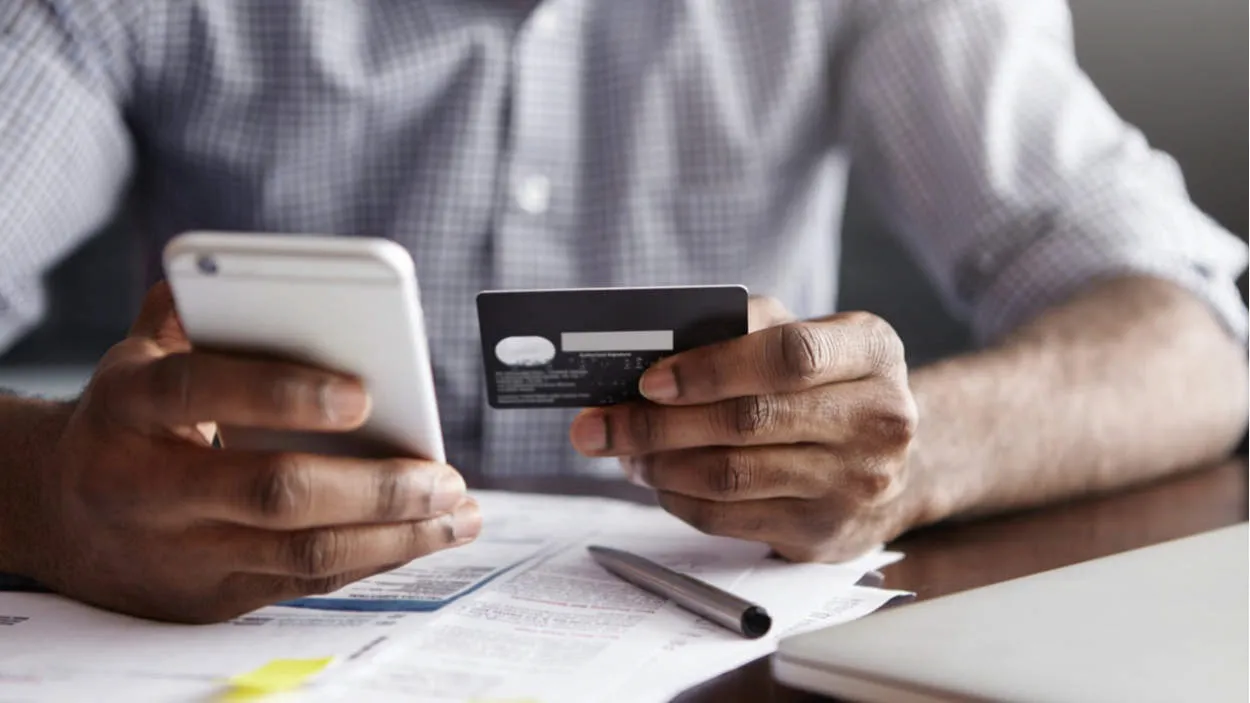When it comes to traveling, ensuring the security of your credit card is of utmost importance. In this article, we will explore the best practices for protecting your card from fraud and unauthorized charges while on the go.
Safe Usage of Credit Cards Abroad
When traveling, it is important to practice safe usage of credit cards to protect yourself from fraud or theft. Here are some tips to ensure the security of your credit card while abroad:
1. Notify Your Bank
Prior to your trip, inform your bank about your travel plans. This will prevent them from flagging foreign transactions as suspicious and potentially blocking your card.
2. Use Chip-and-PIN Cards
Opt for credit cards with chip-and-PIN technology as they offer better security features compared to magnetic strip cards. This makes it harder for fraudsters to clone your card information.
3. Avoid Using Public Wi-Fi for Transactions
Avoid conducting financial transactions using unsecured public Wi-Fi networks. Hackers can easily intercept your data, including credit card details. Stick to trusted networks or use mobile data.
4. Be Mindful of ATMs
When using ATMs abroad, choose those located in busy, well-lit areas. Inspect the machine for any signs of tampering and cover the keypad when entering your PIN. Report any suspicious behavior or devices to the local authorities.
5. Keep an Eye on Your Card
Always keep your credit card in sight when making transactions. Avoid letting it out of your sight as this presents an opportunity for it to be copied or skimmed without your knowledge.
6. Check Your Statements
Regularly monitor your credit card statements for any unauthorized transactions. If you spot any discrepancies, report them to your bank immediately.
7. Carry Backup Cards
It is advisable to carry a backup credit card or two. In case your primary card gets lost, stolen, or blocked, you will have an alternative to rely on.
By following these safety tips, you can enjoy your travels with peace of mind, knowing that your credit card information is protected. Remember to exercise caution and stay vigilant throughout your trip.
Protecting Personal Information
When it comes to credit card security while traveling, protecting your personal information is of utmost importance. Here are some key measures you can take:
1. Notify Your Bank
Prior to your trip, inform your bank about your travel plans. This way, they can monitor your account for any suspicious activities.
2. Use Secure Wi-Fi Networks
Avoid accessing sensitive financial information, such as your credit card details, over public Wi-Fi networks. Instead, use secure networks, such as those provided by trusted hotels or use a Virtual Private Network (VPN).
3. Be Cautious with ATMs
Choose ATMs located in safe and well-lit areas. Check for any signs of tampering before using them, such as loose parts or unusual attachments. Shield the keypad when entering your PIN to prevent prying eyes.
4. Keep an Eye on Your Card
Never lose sight of your credit card during transactions. When making payments, ask the merchant to bring the card reader to you or use contactless payment methods whenever possible.
5. Check Your Statements
Regularly review your credit card statements for any unauthorized transactions. If you spot any fraudulent charges, report them to your bank immediately.
6. Use RFID Blocking Wallets
Consider using RFID-blocking wallets or sleeves to protect your card’s information from being scanned unknowingly by identity thieves.
7. Be Wary of Skimming Devices
Watch out for skimming devices attached to card readers. These devices capture your card information when you insert it into an ATM or payment terminal. If something looks suspicious, choose a different machine or notify the concerned authorities.
8. Securely Dispose of Receipts
Make sure to shred or securely dispose of any receipts, boarding passes, or any other documents that contain personal information.
Conclusion
By following these tips, you can help protect your credit card while traveling and keep your personal information safe from unauthorized access.
Using Mobile Payment Apps Securely
In today’s digital age, mobile payment apps have become a convenient way to make transactions while traveling. However, it’s crucial to ensure the security of your credit card details while using these apps. Here are some important tips to help you protect your card:
1. Keep your mobile payment app up to date
Always make sure to install the latest version of the mobile payment app on your device. Developers often release updates to fix security vulnerabilities and enhance protection.
2. Set a strong PIN or passcode
Choose a PIN or passcode that is complex and not easy to guess. Avoid using obvious combinations like sequential numbers or birthdays. This will add an extra layer of security to your mobile payment app.
3. Enable two-factor authentication
Two-factor authentication adds an extra step to the login process by requiring you to provide additional verification, such as a fingerprint or a unique code sent to your registered mobile number. Activate this feature to prevent unauthorized access to your account.
4. Avoid using public Wi-Fi networks
Public Wi-Fi networks are often unsecure, making it easier for hackers to intercept your data. It’s best to avoid making mobile payments when connected to these networks. If necessary, use a virtual private network (VPN) for added protection.
5. Be cautious of phishing attempts
Be vigilant against phishing scams that aim to trick you into revealing sensitive information. Always verify the legitimacy of any messages or emails requesting your credit card details. Remember, legitimate mobile payment providers will never ask for your information in this manner.
6. Monitor your transactions regularly
Regularly review your credit card transactions to detect any unauthorized or suspicious activity. If you notice anything unusual, report it immediately to your credit card issuer and the mobile payment app provider.
By following these tips, you can help ensure the security of your credit card while using mobile payment apps. Remember to stay vigilant and prioritize your card’s safety while enjoying the convenience of mobile payments.
Emergency Measures if Your Card is Lost or Stolen
When traveling, it is crucial to ensure the security of your credit cards. Losing or having your card stolen can lead to financial loss and identity theft. To protect yourself in such situations, follow these emergency measures:
- Notify your bank or credit card company immediately. Save their contact number in your phone or a secure location before traveling.
- Check your account for any fraudulent transactions and report them to your bank or card issuer.
- Request a card replacement as soon as possible.
- If your credit card was stolen, file a police report to document the incident.
- If possible, freeze or temporarily block your card to prevent unauthorized use.
- Monitor your credit reports regularly to detect any suspicious activity.
- Consider signing up for credit monitoring services that can alert you to any changes in your credit profile.
- Change your PIN, passwords, and any other security information linked to your card.
- Be cautious of phishing attempts. Do not provide personal information to anyone claiming to be from your bank or card issuer without verifying their legitimacy.
By taking these emergency measures, you can minimize the impact of a lost or stolen credit card while traveling. Stay vigilant and act swiftly to protect your financial well-being.
Conclusion
Ensuring credit card security while traveling is essential to protect yourself from fraud and unauthorized transactions. By following simple precautions such as notifying your bank of your travel plans, regularly monitoring your statements, and avoiding unsecured networks, you can mitigate the risk of becoming a victim of credit card theft. Stay vigilant and take necessary steps to safeguard your financial information during your travels.



